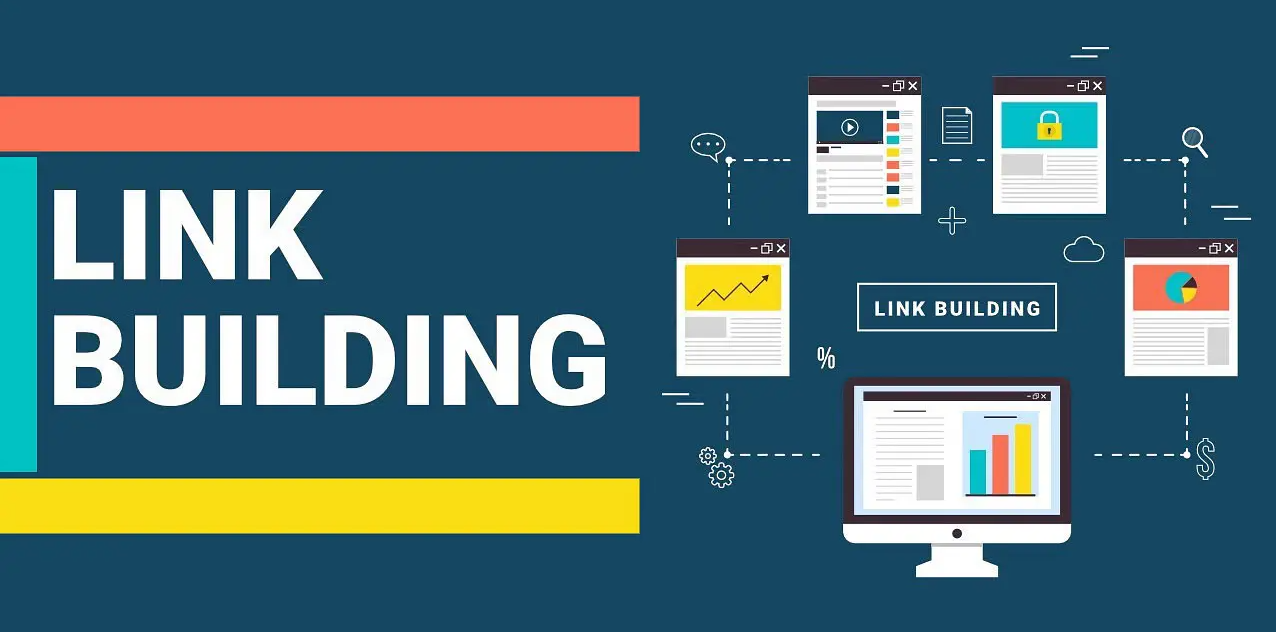In the ever-evolving world of Search Engine Optimization (SEO), link building remains a critical component of a successful strategy. While search engine algorithms continue to change, one constant is the importance of high-quality backlinks. This guide will walk you through the essentials of link building, providing tips and strategies to enhance your website’s authority and search engine ranking.
What is Link Building?
Link building is the process of acquiring hyperlinks from other websites to your own is a way for users to navigate between pages on the internet. Search engines use these links to crawl the web and to discover new pages. However, not all links are created equal. High-quality, relevant links from authoritative sites can significantly boost your site’s SEO.
Why is Link Building Important?
- Improves Search Engine Rankings: Search engines like Google view backlinks Google view backlinks as votes of confidence. The more high-quality links you have, the more authoritative your site appears.
- Increases Referral Traffic: Links from popular websites can drive substantial traffic to your site.
- Enhances Brand Visibility: Being linked to by reputable sites can improve your brand’s visibility and credibility.
Strategies for Effective Link Building:
-
Create High-Quality Content:
Content is king. Create informative, engaging, and shareable content that others naturally want to link to. This could be in the form of blog posts, infographics, videos, or comprehensive guides.
-
Guest Blogging:
Write articles for other blogs in your niche. This not only helps you get backlinks but also positions you as an authority in your field. Ensure that the blogs you contribute to are reputable and relevant.
-
Build Relationships:
Networking is crucial. Build relationships with influencers, bloggers, and industry experts. Comment on their posts, share their content, and engage with them on social media. This can lead to natural backlink opportunities.
-
Utilize Broken Link Building:
Find broken links on reputable sites and suggest your content as a replacement. Tools like Check My Links can help identify broken links, making it easier for you to reach out to webmasters with a solution.
-
Leverage Social Media:
Share your content on social media platforms to increase its reach. The more people see your content, the higher the chances of it being linked to by other websites.
-
Directory Submissions:
Submit your site to reputable directories. While this strategy has lost some of its effectiveness, getting listed in high-quality directories can still provide valuable backlinks.
-
Monitor Competitors:
Analyze your competitors’ backlink profiles to see where they are getting their links. Tools like Ahrefs or SEMrush can help you uncover these links and potentially replicate their strategies.
-
Conduct Outreach:
- Reach out to bloggers, journalists, and webmasters in your industry. Personalized, thoughtful outreach can result in backlinks, especially if you provide them with valuable content.
Best Practices for Link Building:
- Focus on Quality Over Quantity: A few high-quality links from authoritative sites are more valuable than numerous low-quality links.
- Diversify Your Backlinks: Aim for a natural link profile with a mix of links from different sources.
- Avoid Black Hat Techniques: Practices like buying links, link farms, or excessive link exchanges can lead to penalties from search engines.
- Use Anchor Text Wisely: Ensure that the anchor text (the clickable text in a hyperlink) is relevant to the content of your page.
Tools for Link Building:
- Ahrefs:
- Comprehensive SEO tool for backlink analysis, keyword research, and competitor analysis.
- SEMrush:
- Another powerful tool for SEO and competitive analysis, offering insights into your competitors’ backlink profiles.
- Moz Link Explorer:
- Provides detailed link analysis and helps identify link-building opportunities.
- BuzzStream:
- A tool designed for managing outreach campaigns and building relationships with influencers.
- Majestic:
- Specializes in backlink analysis, offering detailed insights into link profiles.
Conclusion:
Link building is an essential part of SEO that requires patience, effort, and a strategic approach. By focusing on creating high-quality content, building relationships, and employing effective outreach strategies, you can improve your website’s authority and search engine ranking. Remember, the key to successful link building is quality, relevance, and consistency. Happy link building!



